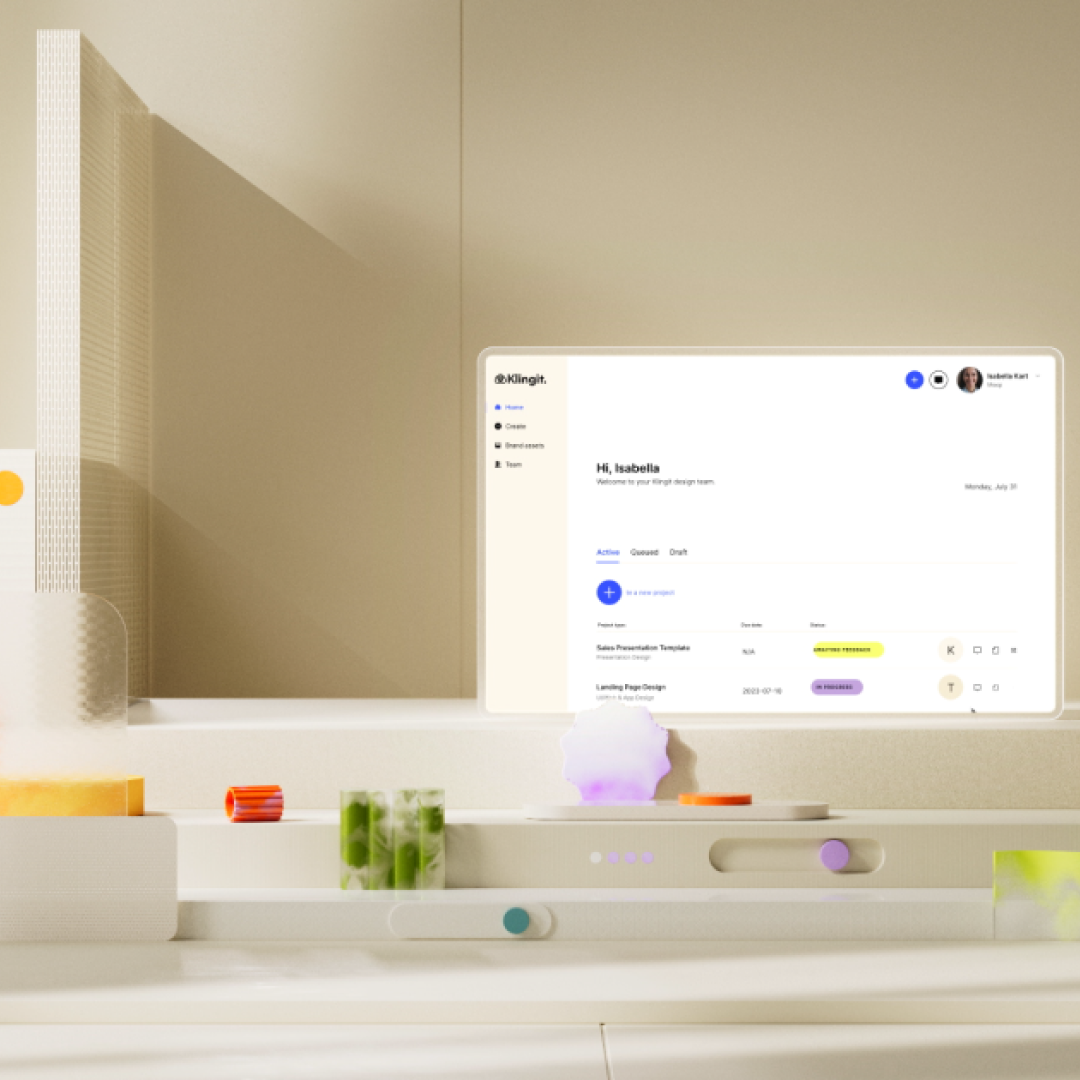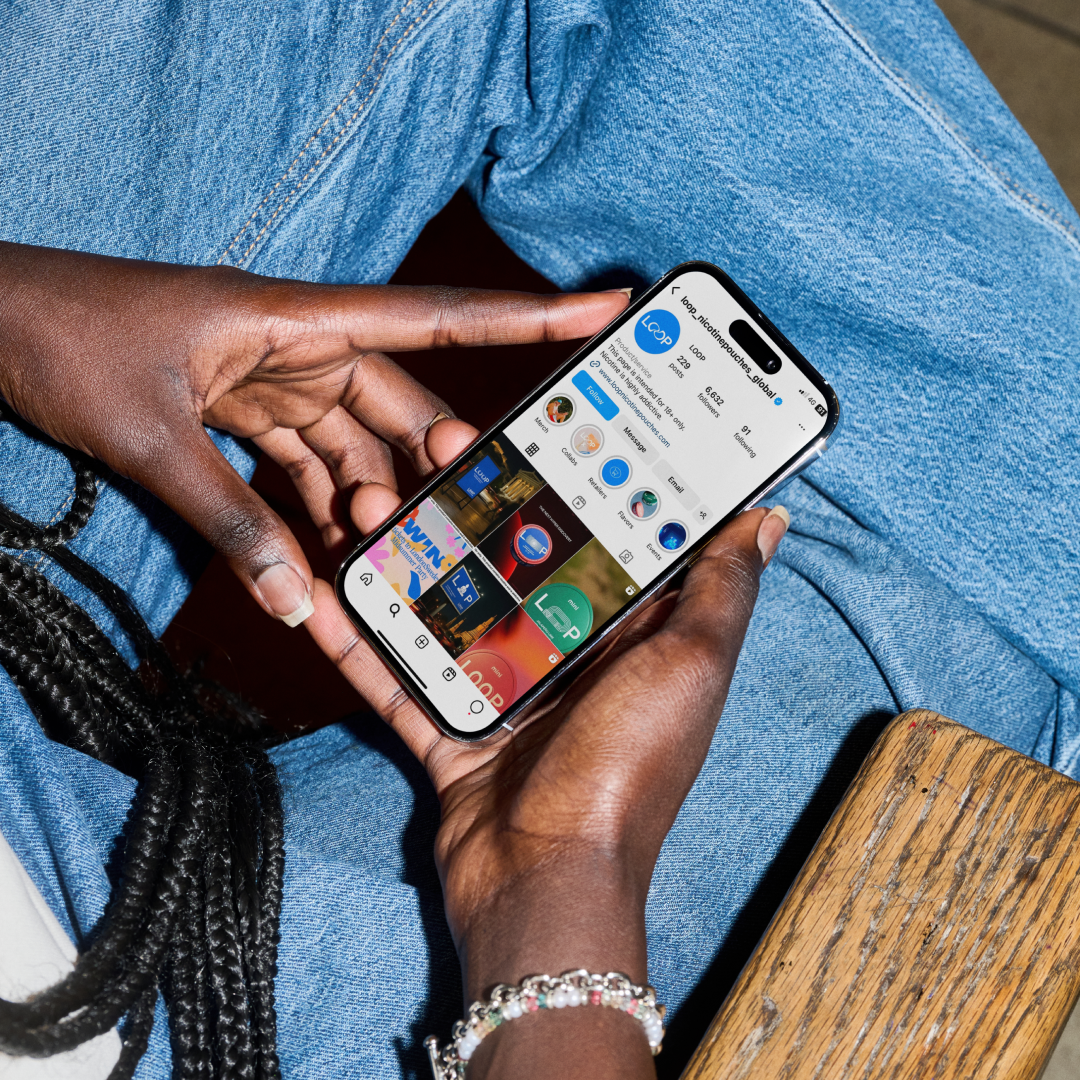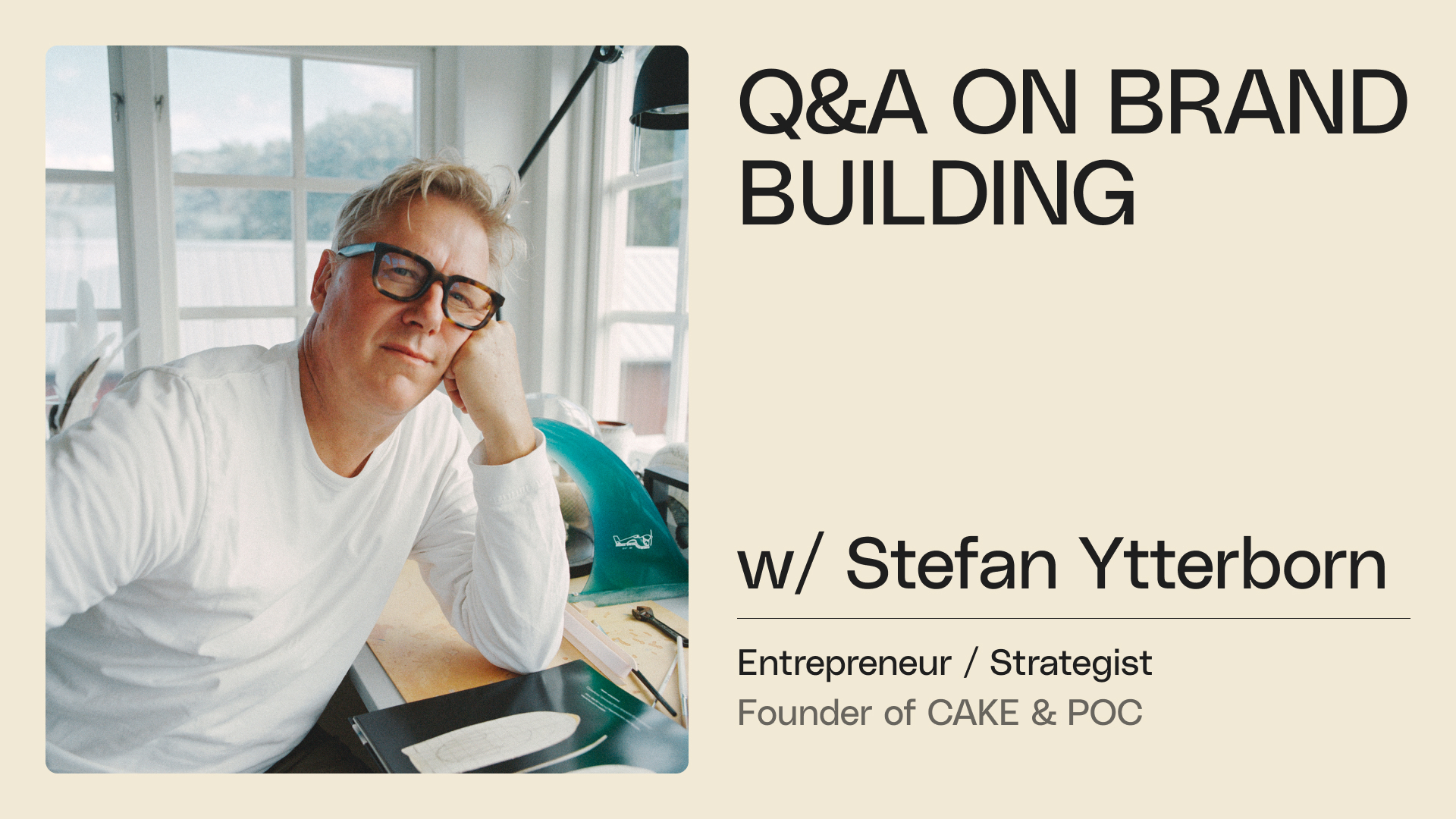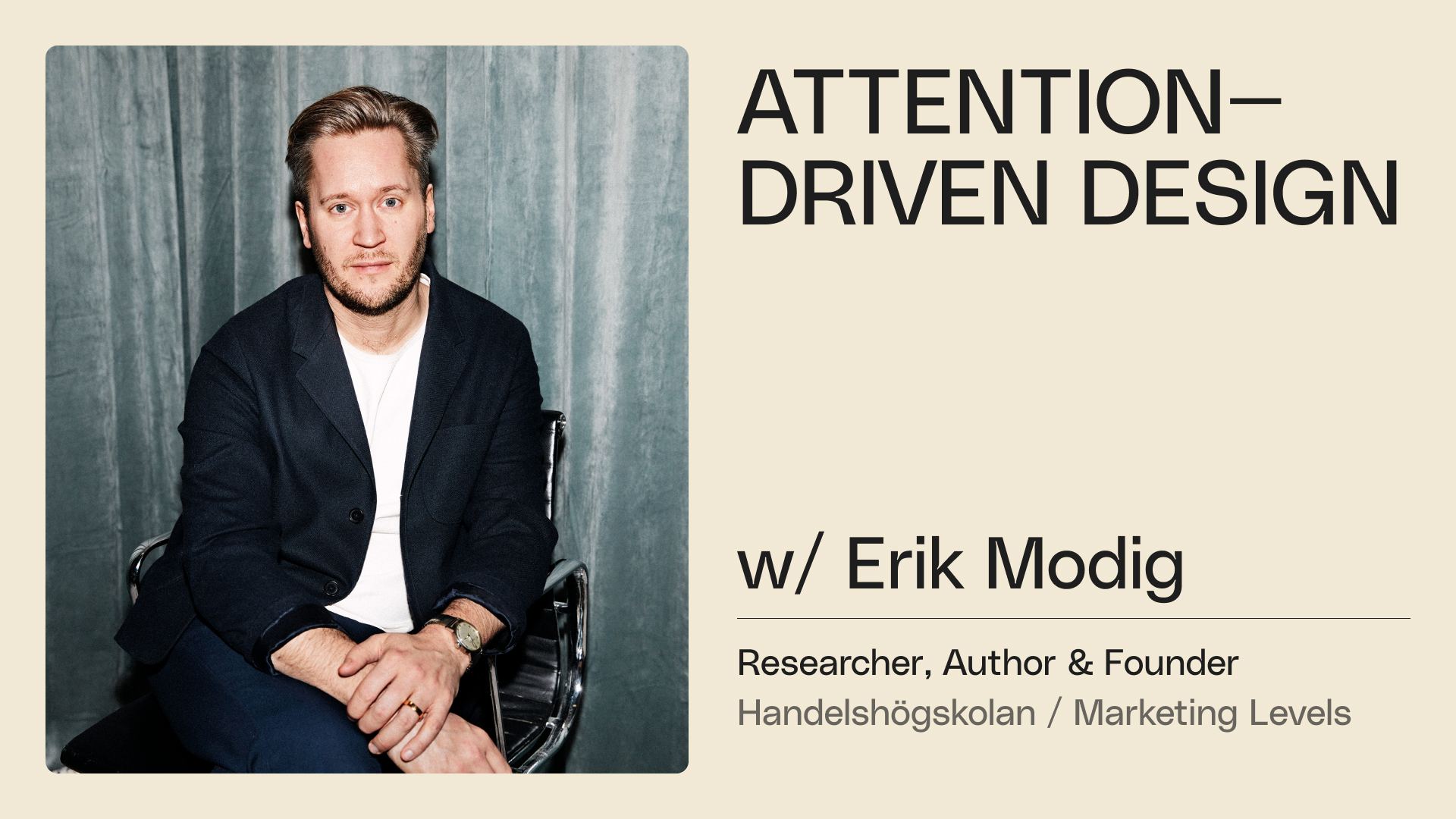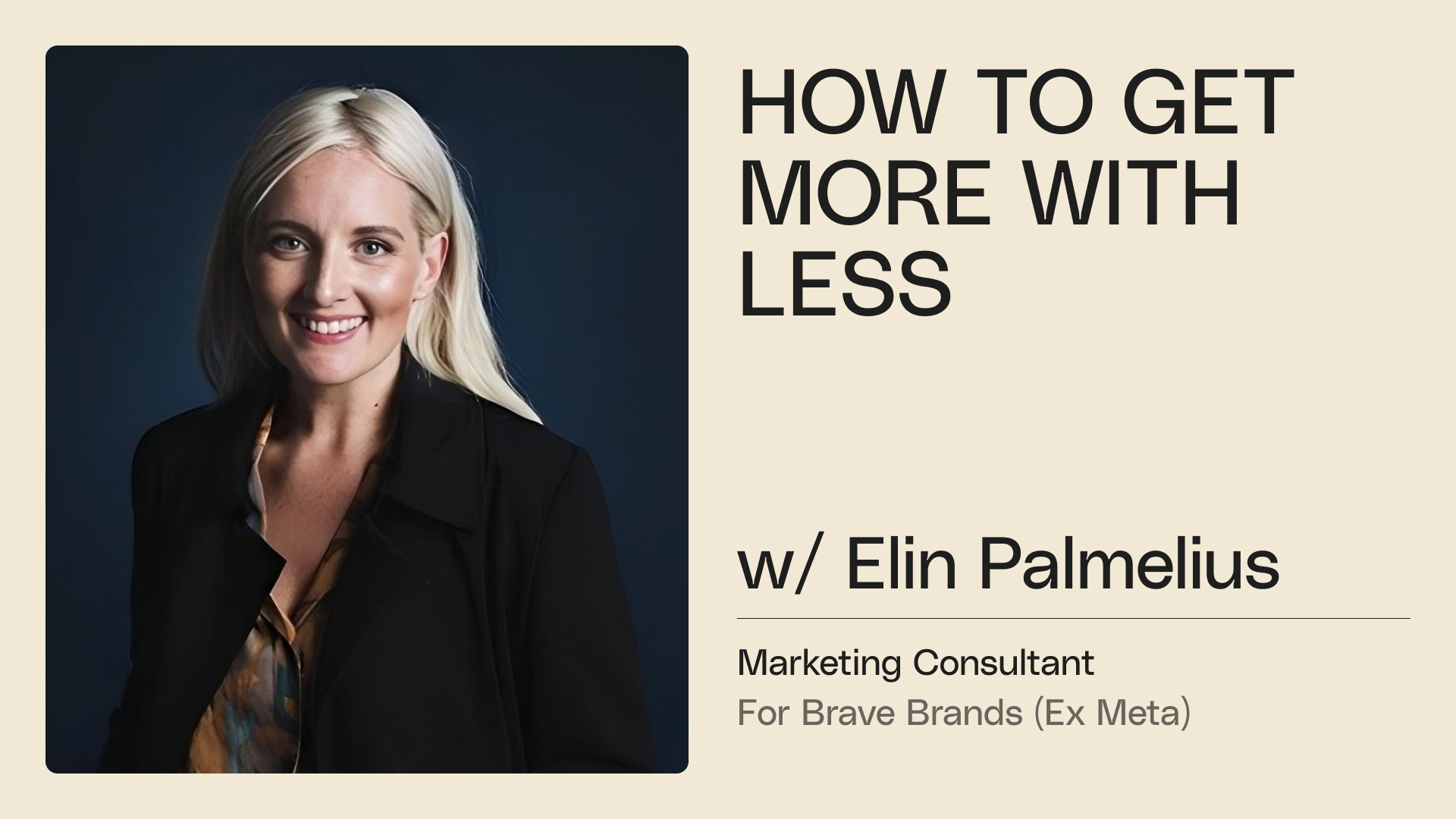The technical advances in generative AI are becoming front-page news worldwide. Every day, unprecedented opportunities, threats of doom, and fear of middle-class jobs becoming obsolete are mixed in news feeds, technology podcasts, and dinner conversations. In the middle of all this are all of us working in marketing – and who are very much affected by the new possibilities (and some of the threats).
This text discusses how marketers can evaluate to what extent they should invest in AI expertise. The simple answer to the question is that one should be curious and open to the possibilities. The longer answer that we discuss here is – unsurprisingly – that it depends.

First and foremost – what does AI do?
AI uses various types of predictive analysis to generate output from a given input (such as a text instruction). AI robots have been trained by thousands of people who have evaluated results in a particular field so that it has gradually been refined and begun to reach levels equivalent to – or surpassing – what many people previously achieved (with significantly more time).
AI can be used to, for example, process images, produce text, investigate legal cases, create websites, program computers, and much more. Overall, it can be described as the automation of tasks previously reserved for human intelligence and experience. To what extent we as marketers benefit from this automation depends on the task being automated and – above all – which brand we work with.

Different brands have different AI prerequisites
Brands can be divided into three categories according to the focus of their communication efforts. We briefly describe them below:
- Product-oriented: These brands focus on the product and its benefits and usually highlight features that make this product unique in the market. Examples of brands in this category are Volvo and Ericsson.
- Founder-oriented: These companies instead try to highlight the founder or another person associated with the brand and their relationship with customers and users. Examples of brands in this segment are most musicians, Tesla and Björn Borg.
- Brand-oriented: These companies instead focus on the brand itself and try to create a strong relationship and connection between customers and the company’s visual and value-based identity. Examples of companies in this segment are Patagonia, Oatly, and McDonalds.

Before we move on in the reasoning, we can note that – sure – many of the world’s most famous brands and entrepreneurs combine several types of communication and thus build a brand with many faces. Probably as a way to reach more target groups than they do by just using one of the orientations above.
If we pause for a moment at the last of the three categories above and ask ourselves what a brand really is? Is it a logo or a graphic profile? Most people would probably answer no to that question (although these components usually are part of a brand).
The common answer is instead that a brand is the trust built between a producing actor and its customers, based on a deep understanding of customers’ problems, their own solution, and the context and other alternatives available in the market. Thus, this is still a humanistic ability that will be difficult to automate.

AI – a solution that varies in importance
As we noted above, AI offers many new opportunities to simplify and streamline everything from text production to image management, translations, idea generation, and much more. What is important to remember before deciding to implement an ambitious AI strategy in your marketing department is that the tools – if development continues as it is today – will largely be available to all market actors, making them less of a strategic competitive advantage as the services mature. If that happens – what is created with AI will become increasingly generic.
This means that AI will likely hold different value to different types of brands. A company that wants to highlight its products and íts unique advantages can probably use AI extensively to generate communication that does just that. Although the technology is not good enough to take the material all the way at the moment, AI offers significant advantages and efficiencies, meaning that the number of people involved in production can be substantially reduced.
For companies focusing on the founder or the brand itself, it is more complicated. Sure, AI will still be able to streamline production, but the output must be unique and differentiate the offering – something that will most likely become harder using AI as these technologies mature (given that they continue to be equally available as today). Here, a mix of human and automated production will likely continue to be needed (likely with quite significant manual input).

In the future, we are all brand-oriented…
What might happen going forward? As more companies are started (with the help of AI 🙂 and the world’s marketplaces are increasingly integrated, differences between individual products in each market decrease, making it more difficult to reach your target group with product-oriented messages (they simply don’t stand out any longer).
This may result in more and more companies shifting toward investing more in their brand (or exposure of founders when applicable). This would mean that companies that have traditionally focused on their products instead move towards becoming more brand- or founder-oriented.
… and AI goes from hype to generic
In that case, AI – which is currently undergoing the hype of a decade – would become a technology used for non-strategic production by fewer brands as more companies need to be unique in their approach and relationship to its customers, something that continues to be a fundamentally humanistic skill – and very much a matter of timing.
With that said, AI will still be able to contribute with inspiration, production, and idea generation that helps even marketing departments that continue with a predominantly manual focus to quickly develop concepts and generate new ideas for everything from copy to advertising. AI, in this case, becomes a way to free up time for creative work and raise the creative bar instead of focusing on manual repetitive processes (that may have been done too much until now).

Or – is it the opposite?
One could also imagine a reverse development where the benefits of automated marketing become so great that the brands that can utilize predominantly automated marketing by simply offering better products (and focusing on them) out-compete companies that need to invest heavily in marketing to sell their products.
In that scenario, the foundation for entrepreneurship – and the entire economic system – is affected (and perhaps it is not a fundamentally bad thing). The consequence would be better offers – but less budget for marketing them – and a shift toward increased consumer benefit as a larger share of the direct production value accrues to the consumer.
However – and most likely – automation also means that the number of products and services available in the market grows simultaneously – and this leads to a need for more unique marketing in order to sell them – which brings us back to the first argument again.
At last – a few caveats
When predicting the future, it is important to add that much can happen that affects development in a direction other than what we describe here. For example, one can imagine that regulatory interventions and legal changes create market barriers and make bigger companies better suited to develop and benefit from AI-tools (while consumers, for example, are protected from the less desirable aspects of AI, such as disinformation). In such a scenario, bigger companies will gain significant advantages over smaller competitors and challengers (with smaller budgets and fewer opportunities for efficiency).


